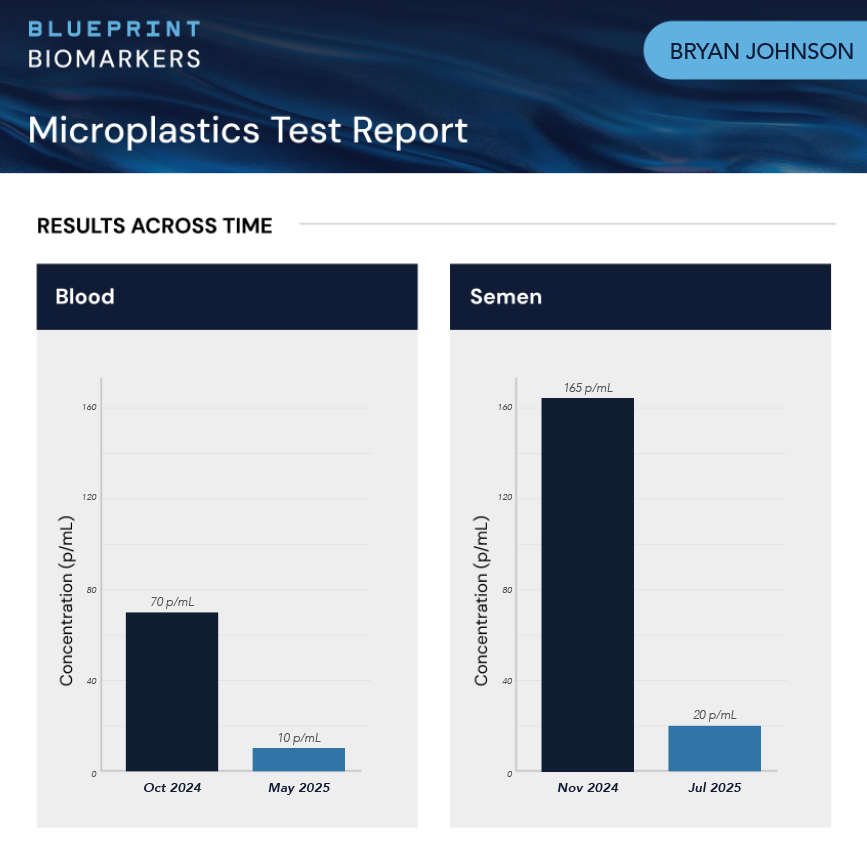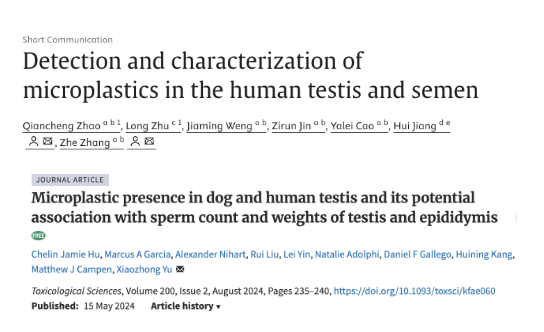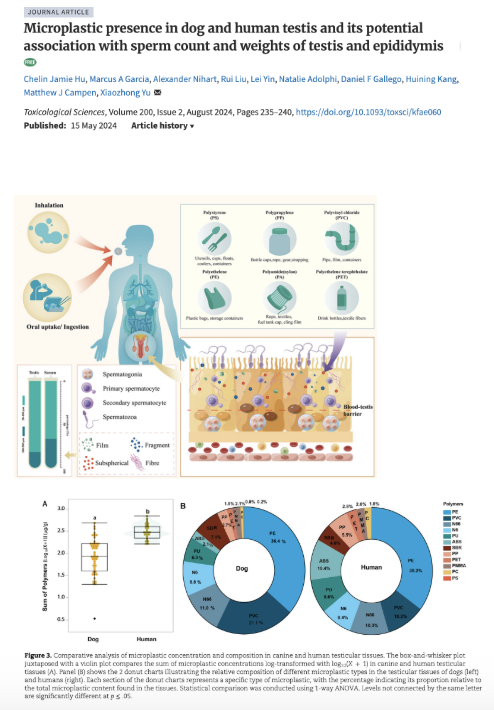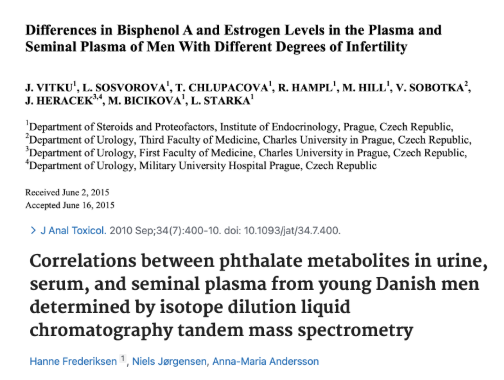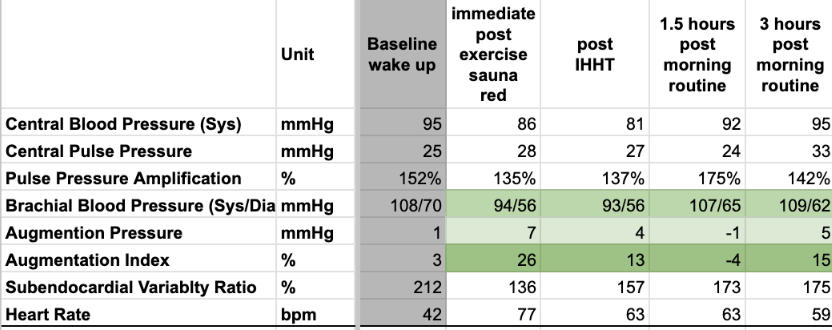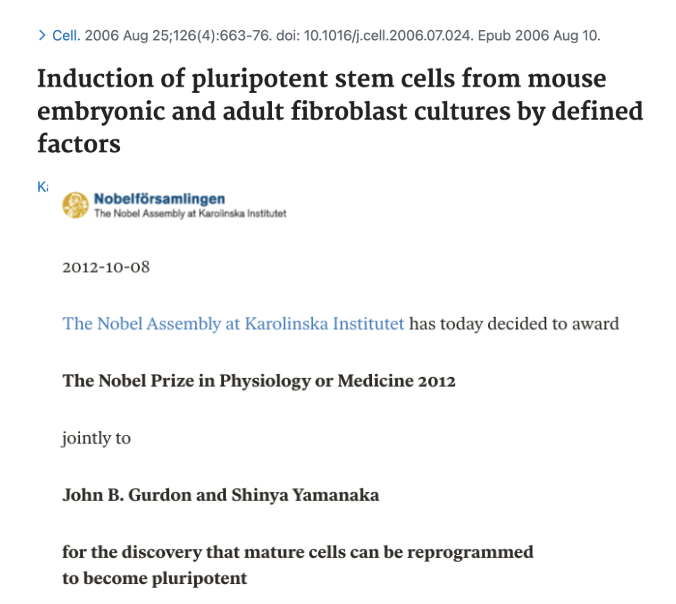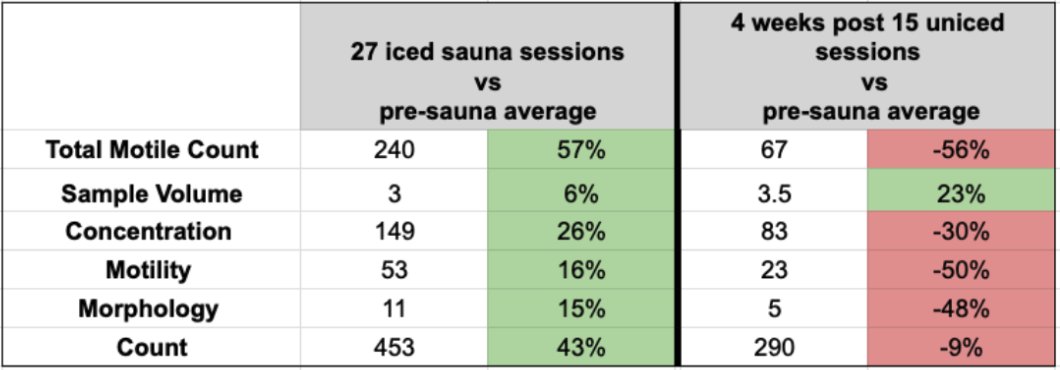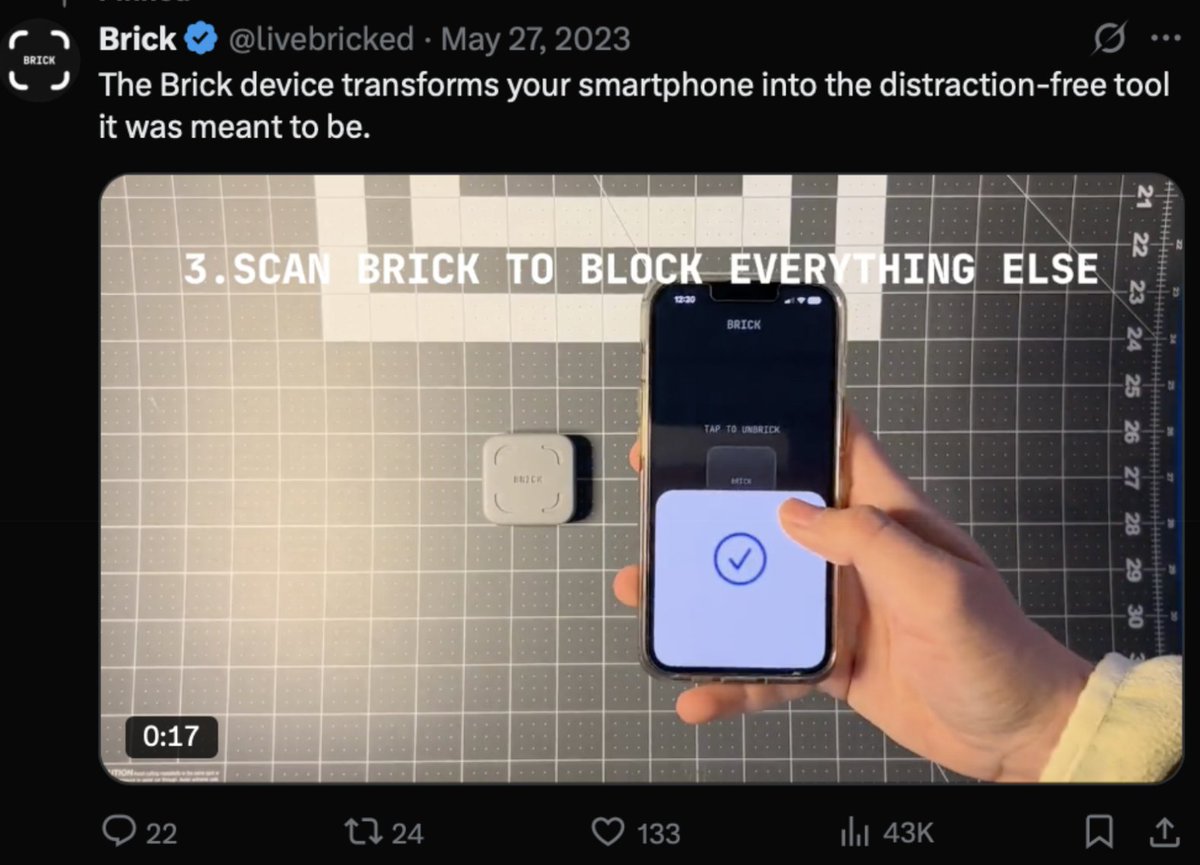Genetically, I should be bald.
I started to lose my hair and go gray in my late 20s.
Now, at 47, I’ve got a full head of hair and ~70% of my gray is gone.
Here how I did it.. 🧵
I started to lose my hair and go gray in my late 20s.
Now, at 47, I’ve got a full head of hair and ~70% of my gray is gone.
Here how I did it.. 🧵

Contrary to popular belief, you can maintain your hair well into your 40s and beyond.
In 12 months, I went from a Norwood 3 to a Norwood 2. Norwood is a hair loss scale, as indicated in the image.
Here’s how I achieved these results:

In 12 months, I went from a Norwood 3 to a Norwood 2. Norwood is a hair loss scale, as indicated in the image.
Here’s how I achieved these results:

1. Start early:
Don’t wait for visible loss.
Many lose up to 50% of their hair before they even realize it.
The best time to work on your hair is before you start losing it.
Don’t wait for visible loss.
Many lose up to 50% of their hair before they even realize it.
The best time to work on your hair is before you start losing it.

2. Nutrition:
Make sure you're getting adequate:
+ Protein: including collagen peptides and sufficient methionine, cyteine, and lysine in addition to taurine, to support collagen, keratin, and elastin synthesis. Ref (3)
+ Omega-3 fatty acids: for antioxidant effects and improving scalp circulation. Ref (4)
+ Key vitamins & minerals: including iron, selenium, and biotin. Ref (3)
The Blueprint stack has all of these. ↓
Make sure you're getting adequate:
+ Protein: including collagen peptides and sufficient methionine, cyteine, and lysine in addition to taurine, to support collagen, keratin, and elastin synthesis. Ref (3)
+ Omega-3 fatty acids: for antioxidant effects and improving scalp circulation. Ref (4)
+ Key vitamins & minerals: including iron, selenium, and biotin. Ref (3)
The Blueprint stack has all of these. ↓

3. Customized topicals:
I use a personalized Rx formula based on my genetics to prevent and reverse hair loss. Roots byGA (5)
Here are the ingredients in my formulation: Minoxidil (7%), Cetirizine HCl (1%), Latanoprost (0.004%), Dutasteride (0.25%), Melatonin (0.1%), Caffeine (0.2%), Tretinoin (0.0125%), Vitamin D3 (1,000IU/ML), Vitamin E (10 IU/ML).
5% minoxidil is a solid budget alternative. Apply 1 mL to scalp at night or in the morning (or both), massage thoroughly.
Note that some people experience side effects with a topical such as itchy skin, headaches etc. so monitor for those.
I use a personalized Rx formula based on my genetics to prevent and reverse hair loss. Roots byGA (5)
Here are the ingredients in my formulation: Minoxidil (7%), Cetirizine HCl (1%), Latanoprost (0.004%), Dutasteride (0.25%), Melatonin (0.1%), Caffeine (0.2%), Tretinoin (0.0125%), Vitamin D3 (1,000IU/ML), Vitamin E (10 IU/ML).
5% minoxidil is a solid budget alternative. Apply 1 mL to scalp at night or in the morning (or both), massage thoroughly.
Note that some people experience side effects with a topical such as itchy skin, headaches etc. so monitor for those.
4. Red light therapy:
Six minutes a day and you can be doing your morning routine as you wear it. A study on 44 males (age 18-49) showed that treatment with 655nm laser cap for 25 min every other day for a duration of 16 weeks resulted in a 39% increase in hair growth compared to placebo. Ref (6)
An affordable Blueprint red light cap coming soon.
Six minutes a day and you can be doing your morning routine as you wear it. A study on 44 males (age 18-49) showed that treatment with 655nm laser cap for 25 min every other day for a duration of 16 weeks resulted in a 39% increase in hair growth compared to placebo. Ref (6)
An affordable Blueprint red light cap coming soon.
5. Oral minoxidil:
I take 3.75 mg a day. I started with 2.5 mg and evaluated for side effects.
In a double-blind, placebo-controlled randomized clinical trial involving 90 men with androgenetic alopecia AGA, oral minoxidil (5 mg daily) was found to have similar efficacy to topical minoxidil (5% solution applied twice daily) after 24 weeks.Ref (7)
Oral minoxidil is generally considered safe at low doses, but it can have side effects such as hypertrichosis (excessive hair growth) and headaches.
I take 3.75 mg a day. I started with 2.5 mg and evaluated for side effects.
In a double-blind, placebo-controlled randomized clinical trial involving 90 men with androgenetic alopecia AGA, oral minoxidil (5 mg daily) was found to have similar efficacy to topical minoxidil (5% solution applied twice daily) after 24 weeks.Ref (7)
Oral minoxidil is generally considered safe at low doses, but it can have side effects such as hypertrichosis (excessive hair growth) and headaches.

When starting any new hair regimen:
+ Start slow
+ Introduce 1 product at a time
+ Monitor closely for side effects
+ Give each addition 3 months to show results
+ 5% minoxidil alone is sufficient for many
+ Consider personalization based on your genetic profile, health, diet type and nutritional condition to reverse any deficiencies (e.g. omega3, protein...) revealed by blood testing.
+ Start slow
+ Introduce 1 product at a time
+ Monitor closely for side effects
+ Give each addition 3 months to show results
+ 5% minoxidil alone is sufficient for many
+ Consider personalization based on your genetic profile, health, diet type and nutritional condition to reverse any deficiencies (e.g. omega3, protein...) revealed by blood testing.
In December, I'll have a hair growth serum for you. I've been experimenting and refining the formulation for two years.
A final note that I’m in touch with several companies that are building novel hair regrowth therapies. They are promising and exciting.
They’re still years out but it’s cool to think that hair loss may no longer be a thing we have to think about. Just one reason why the future is going to be amazing. #dontdie
They’re still years out but it’s cool to think that hair loss may no longer be a thing we have to think about. Just one reason why the future is going to be amazing. #dontdie
For my full protocols and guides visit Project Blueprint here:
blueprint.bryanjohnson.com/pages/blueprin…
blueprint.bryanjohnson.com/pages/blueprin…
Sources:
1. academic.oup.com/bjd/article-ab…
2. pubmed.ncbi.nlm.nih.gov/20927235/
3. pmc.ncbi.nlm.nih.gov/articles/PMC10…
4. pubmed.ncbi.nlm.nih.gov/25883641/
5. pmc.ncbi.nlm.nih.gov/articles/PMC10…
6. onlinelibrary.wiley.com/doi/10.1002/ls…
7.pubmed.ncbi.nlm.nih.gov/38598226/#:~:t….
1. academic.oup.com/bjd/article-ab…
2. pubmed.ncbi.nlm.nih.gov/20927235/
3. pmc.ncbi.nlm.nih.gov/articles/PMC10…
4. pubmed.ncbi.nlm.nih.gov/25883641/
5. pmc.ncbi.nlm.nih.gov/articles/PMC10…
6. onlinelibrary.wiley.com/doi/10.1002/ls…
7.pubmed.ncbi.nlm.nih.gov/38598226/#:~:t….
• • •
Missing some Tweet in this thread? You can try to
force a refresh





